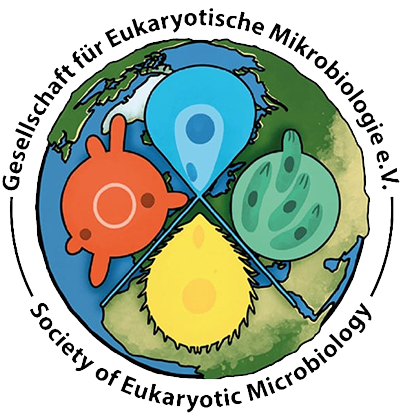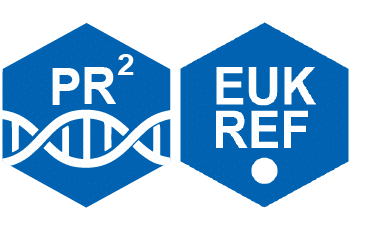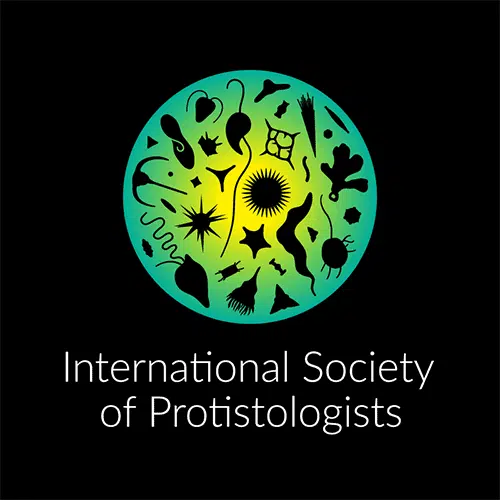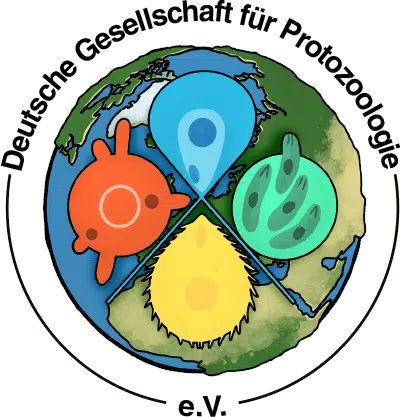Just recently, in June 2024, the members of the German Society for Protozoology (Deutsche Gesellschaft für Protozoologie e.V., DGP) decided to rename the society into the Society of Eukaryotic Microbiology.
The Society represents a strong network of researchers united by our common interest and research focus on protists and all other eukaryotic unicellular organisms. The organismal focus is complemented by expertise in almost all areas of biology: phylogeny, taxonomy, cell biology, genetics/genomics, ecology and bioinformatics to study evolution, classification, but also organismal interactions in symbioses and communities. Our groups furthermore work on the analysis of new genomic data and post-genomic analyses.
The DGP looks back on a long tradition, founded on 13 June 1981 in Münster, Germany, on the initiative of Prof. Karl G. Grell, Tübingen, and Prof. Klaus Heckmann, Münster, among others. As the number of members increased rapidly, it became obvious that the DGP was attracting international interest, and active members from Austria, the Netherlands, Switzerland and many other countries quickly joined.
We continue this tradition and promote all research on protists and eukaryotic unicellular organisms through active networking, annual meetings and support measures for young scientists. Equally important to us is a familiar atmosphere in the Society and especially at our annual meetings, to welcome young scientists in an open and friendly environment and to encourage scientific interaction and discussion.
Visit our Societies Website and take the advantage to become member:
www.protozoology.de
Visit us at the 44th Annual meeting in Neuchatel, Switzerland, organized by Edward Mitchell from Feb 12th to 14th, 2025
https://www.protozoologie.de/meetings/43st-annual-meeting/



























